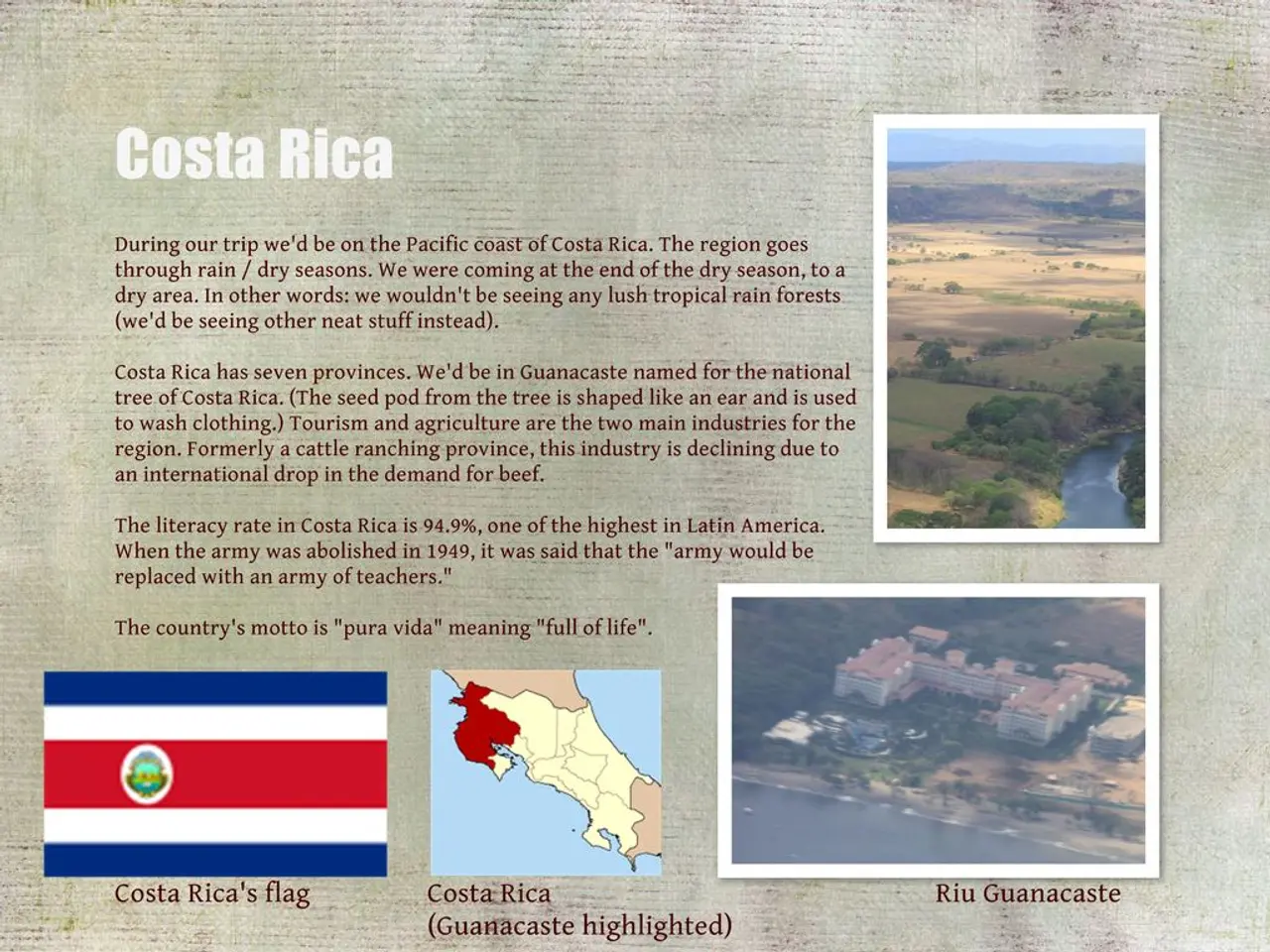Encountering direct conflict against you:
In a significant move, El Salvador's government has decided to cap its Bitcoin holdings, following an agreement with the International Monetary Fund (IMF). This agreement, however, does not seem to have completely sacrificed the Bitcoin project.
The government's Bitcoin holdings, which currently stand at 6,092 BTC, have been increasing daily. In March, the government added 33 BTC to its reserves, taking the total to 6,125 BTC. However, the government has agreed to control risks associated with the Bitcoin project. This includes not forcing the economy to accept Bitcoin as legal tender and refraining from accumulating more Bitcoins.
The IMF's stance on Bitcoin is clear. IMF Managing Director Kristalina Georgieva has outlined potential threats to macro-financial stability, including the ability of Bitcoin to hinder monetary policy and undermine fiscal sustainability. The IMF is now actively fighting against Bitcoin, using its weight as a global lender to prevent Bitcoin from becoming a legal tender or a national store of value.
The government must privatize the underlying manager of the Chivo wallet, Fidebitcoin, and provide transparency on the Bitcoins it holds through the Chivo wallets. By the end of July, the country must phase out its involvement in the Chivo wallet.
Interestingly, the Bitcoin community, including Bitcoin maximalists like Max Keiser and Samson Mow, and Tether, which set up a headquarters in El Salvador, were not able to provide the necessary capital to secure funds without the IMF. This suggests that despite the potential benefits of Bitcoin, it may not be a viable alternative to traditional financial systems for countries heavily dependent on the IMF.
The IMF's agreement with El Salvador does not prohibit the country from issuing Bitcoin-indexed or Bitcoin-denominated debt or tokenized instruments. However, the country's authorities will not do so, as part of the conditions to control risks associated with the Bitcoin project.
The question remains why El Salvador had to agree to the deal with the IMF for a $1.5 billion loan, despite its Bitcoin reserve and potential Bitcoin Bonds. Bitcoin failed to bridge the relatively small gap of $1.5 billion that the IMF would have left if it hadn't extended the credit line.
This development could potentially prevent developing countries from becoming winners of the Bitcoin revolution. The IMF's stance could limit the adoption of Bitcoin as a national currency or store of value, especially for countries heavily dependent on the IMF for financial aid.
Read also:
- Transforming Digital Inventories in the Food Industry: A Comprehensive Guide for Food Businesses
- 1. Key Points for August 14: Gathering in Alaska, Immigration Enforcement (ICE), Financial service Zelle, Infowars, and Air Canada Airline Incidents
- Automobile manufacturer IM Motors reveals an extended-range powertrain akin to installing an internal combustion engine in a Tesla Model Y.
- Conflict Erupts Between Musk and Apple Over Apple Store's Neglect of Grok






